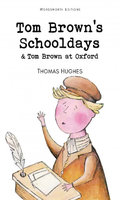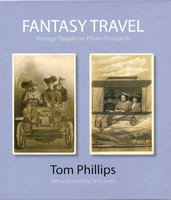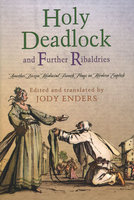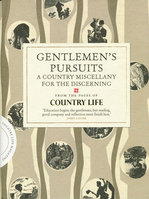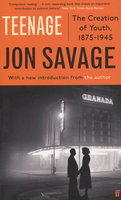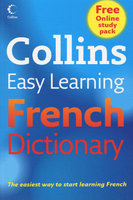New, Quality Gift Books - 50-90% off - over 2500 titles
Your basket is empty.
Categories Music & Dance BELOVED VISION: A History of Nineteenth Century Music
BELOVED VISION: A History of Nineteenth Century Music
Book number: 94347
Product format: Hardback
In stock
Bibliophile price
£10.00
Published price
£29.95
Customers who bought this product also bought
|
TOM BROWN'S SCHOOLDAYS & TOM BROWN AT OXFORD
Book number: 10835
Product format: Paperback
Bibliophile price
£4.00
|
FANTASY TRAVEL: Vintage People on Photo Postcards
Book number: 92660
Product format: Hardback
Bibliophile price
£4.50
Published price
£15
|
HOLY DEADLOCK AND FURTHER RIBALDRIES
Book number: 92668
Product format: Hardback
Bibliophile price
£4.00
Published price
£63
|
|
GENTLEMEN'S PURSUITS: A Country Miscellany
Book number: 92942
Product format: Hardback
Bibliophile price
£3.50
Published price
£12.99
|
TEENAGE: The Creation of Youth 1875-1945
Book number: 93601
Product format: Paperback
Bibliophile price
£1.75
Published price
£12.99
|
COLLINS FRENCH DICTIONARY: Easy Learning
Book number: 93449
Product format: Paperback
Bibliophile price
£3.75
Published price
£8.99
|
Browse this category: Music & Dance






